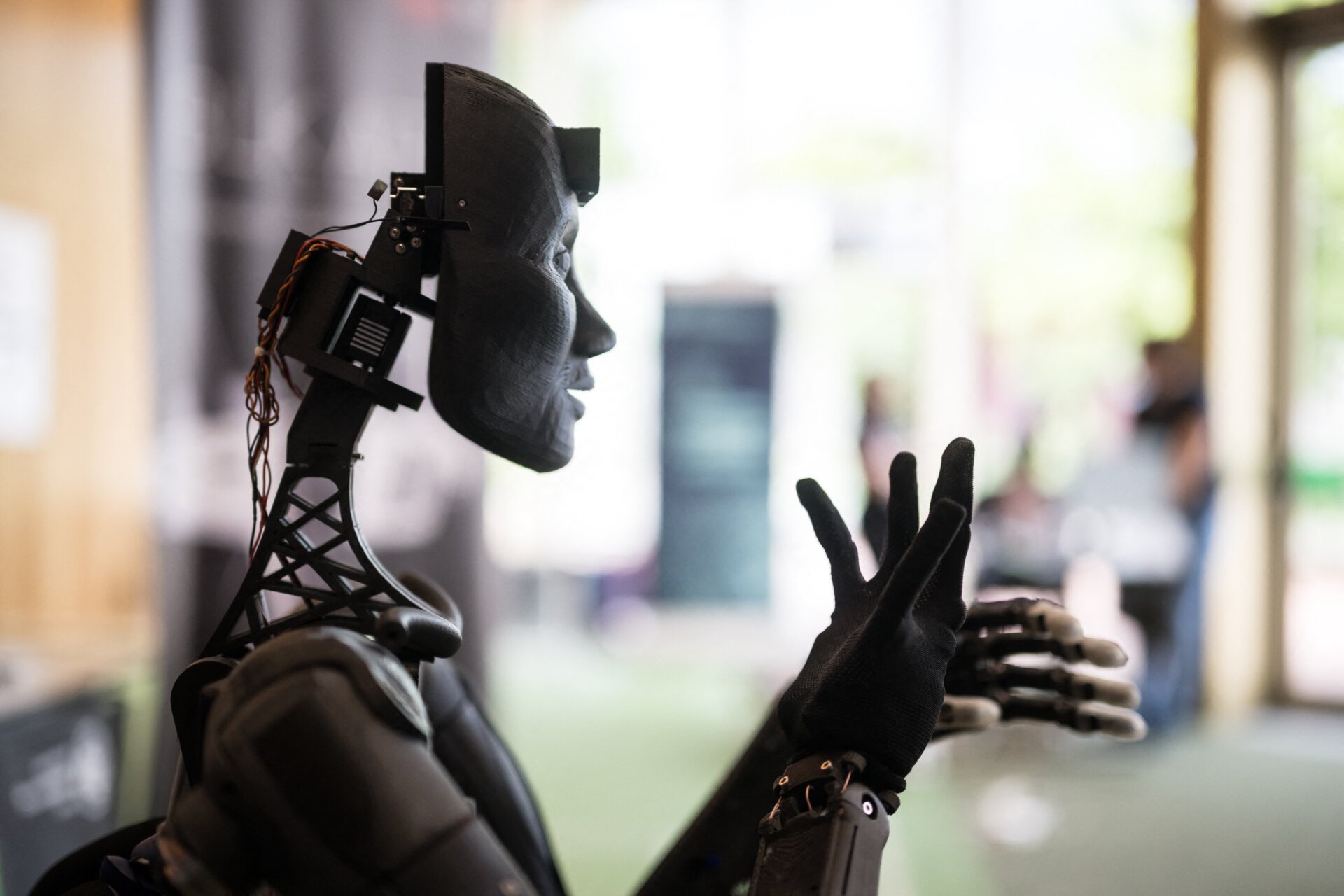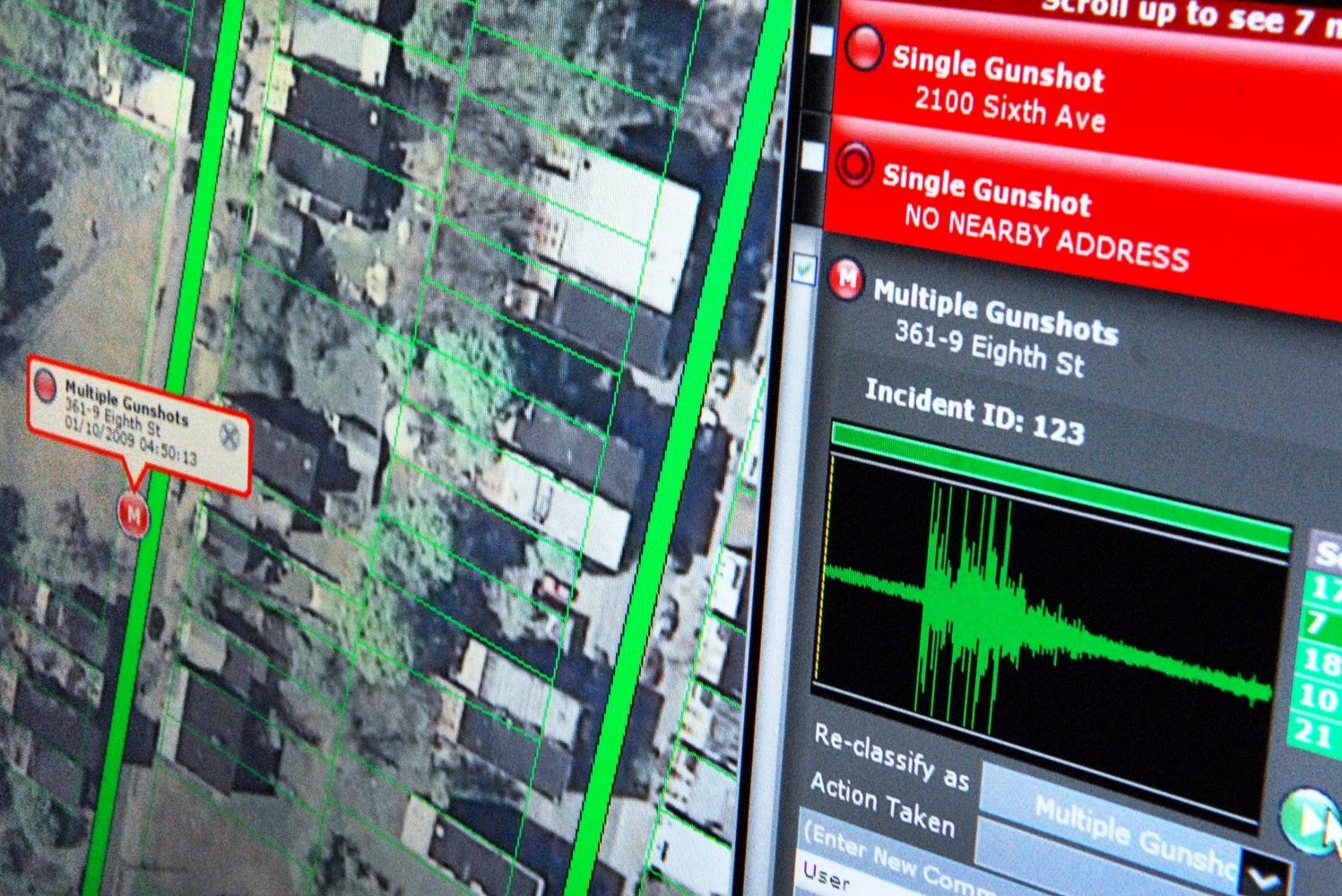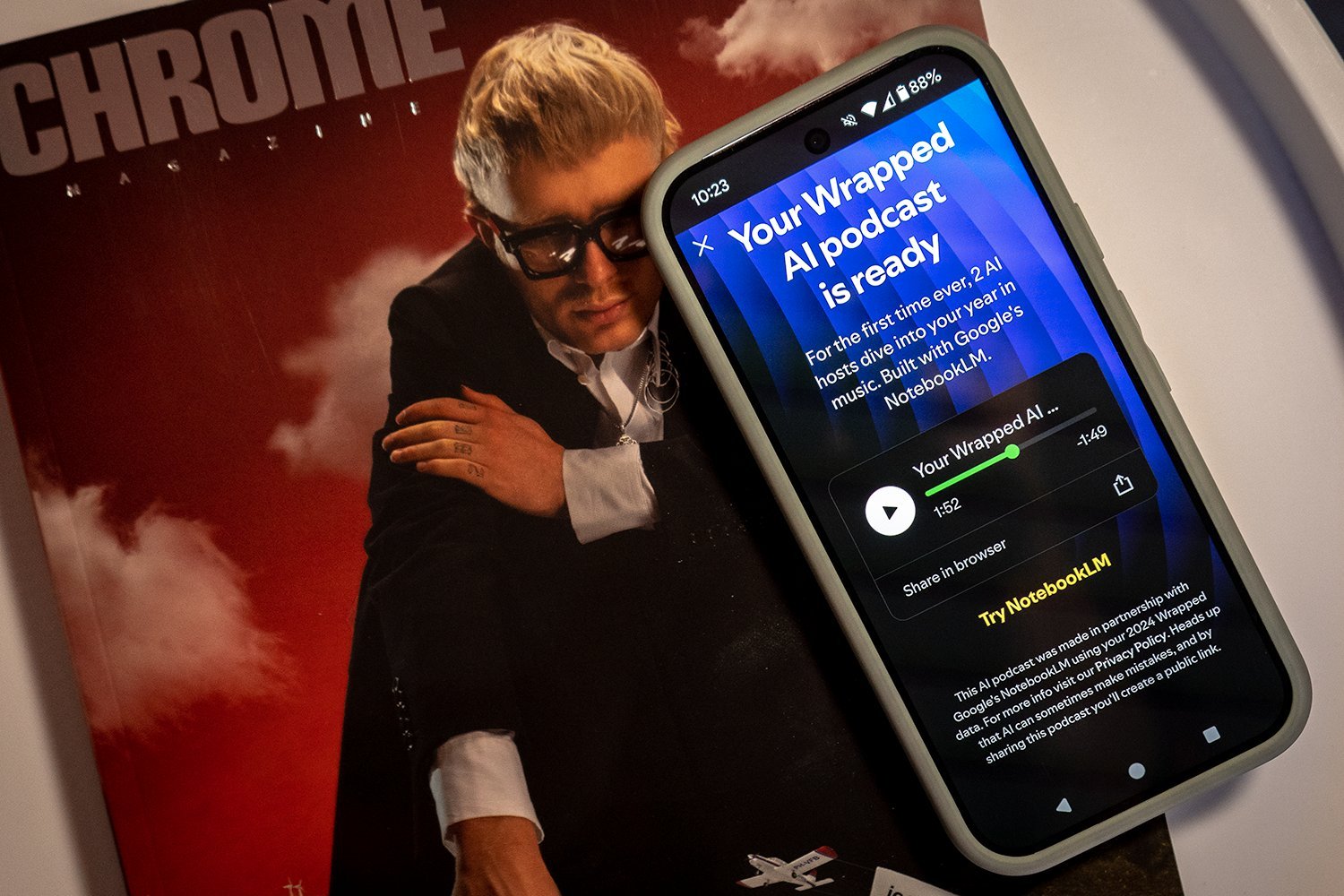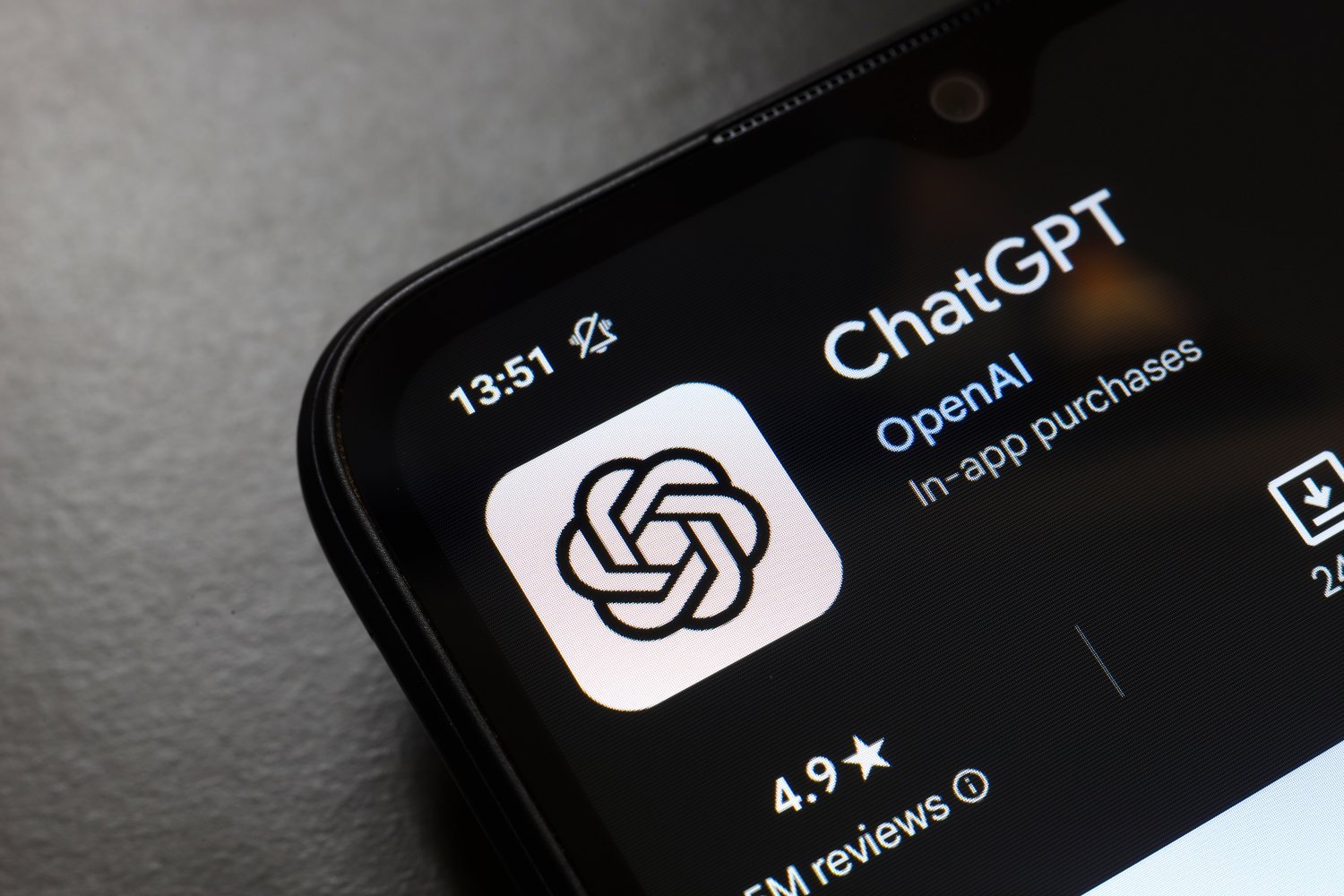The prevalence of AI-generated content is a hot topic across the internet, and LinkedIn is no exception. A recent study, first reported by Wired, reveals that over half of the posts on the platform are likely constructed using some form of generative AI. This revelation may not surprise frequent LinkedIn users.
The Rise of AI on LinkedIn
Wired gained exclusive access to a study conducted by Originality AI, an AI detection startup. The study analyzed 8,795 public English LinkedIn posts exceeding 100 words, published between January 2018 and October 2024. A staggering 54 percent of these posts were identified as likely AI-generated. The study also noted a significant surge in AI-generated content in 2023, coinciding with the release of OpenAI’s ChatGPT, although this trend has since plateaued.
LinkedIn’s Corporate Culture and AI
LinkedIn, a platform designed for professional networking and job seeking, has long been characterized by its corporate tone. Interactions often resemble formal meetings or job interviews, filled with jargon and buzzwords. This environment is perfectly suited for AI language models (LLMs), which excel at replicating this type of sterile corporate language. LinkedIn even offers a premium feature that allows subscribers to leverage AI for content creation, streamlining the process of generating corporate-friendly posts.
The Polarization of AI-Generated Content
While some users appreciate the clarity and structure of AI-generated posts, others express skepticism and criticism. Entrepreneur Zack Fosdyck, interviewed by Wired, highlighted this polarization, noting that the debate often centers on the involvement of AI rather than the content itself. He draws a parallel with tools like calculators and spellcheck, which are widely accepted forms of assistance. However, unlike these tools, AI has the potential to replace genuine human interaction, raising concerns about authenticity and connection.
AI Beyond LinkedIn: A Concerning Trend
The use of AI for content creation extends beyond LinkedIn. Lance Eliot, a prominent AI scientist, recently advocated for using ChatGPT to promote peaceful Thanksgiving gatherings in a Forbes op-ed. This suggestion highlights the growing trend of using AI to mediate and even replace human interaction in various social contexts.
The Value of Human Connection
Eliot’s suggestion to have dissenting family members argue with generative AI instead of engaging with each other exemplifies a concerning detachment from genuine human interaction. While AI can generate bland, non-controversial content, it lacks the nuance and depth of human conversation. The true value lies in embracing the complexities of human interaction, including disagreements and difficult conversations.
Conclusion: Keeping AI in Its Place
While AI has its place on platforms like LinkedIn, it shouldn’t replace genuine human connection in our personal lives. The sterile, corporate language generated by AI may be suitable for professional networking, but it cannot replicate the richness and authenticity of human interaction. Let’s keep the anodyne world of LLMs confined to LinkedIn and embrace the complexities and joys of real human connection.











